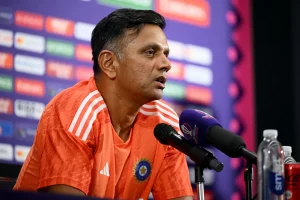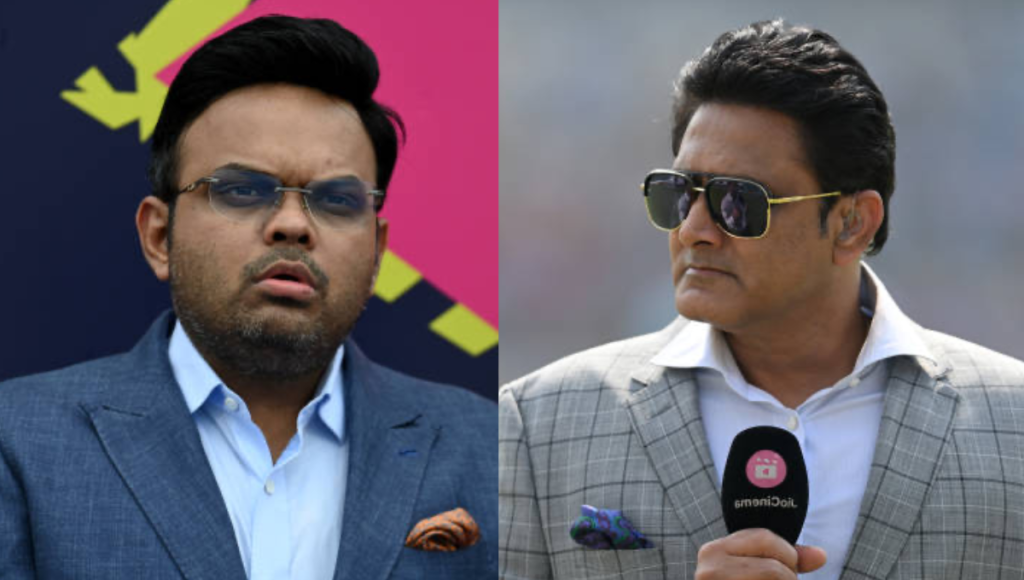The Board of Control for Cricket in India (BCCI) stands at a crossroads with Jay Shah’s term as secretary nearing its end. The position of BCCI secretary is not just administrative; it’s pivotal in shaping cricket’s future in India, one of the sport’s powerhouses. Here, we explore three former cricketers who could potentially take over, each bringing a unique blend of cricketing insight, administrative acumen, and a vision for the sport’s development.
1. Virender Sehwag – The Aggressive Visionary
Virender Sehwag, known for his explosive batting, could bring a similar dynamism to BCCI’s administrative corridors. His stint as a commentator and his involvement in cricket academies showcase his understanding of the game’s modern dynamics. Sehwag’s approach might focus on:
- Youth Development: Enhancing grassroots cricket, ensuring more talent from smaller towns reaches thenational level.
- Innovation in Cricket: Introducing new formats or tweaking existing ones to keep cricket engaging for theyounger audience.
- International Relations: Strengthening ties with other cricket boards, possibly through more bilateral seriesor joint ventures in cricket development.
2. Rahul Dravid – The Steady Hand

Known as ‘The Wall’ for his defensive prowess on the field, Rahul Dravid’s transition into coaching has been nothing short of exemplary. His tenure as the head coach of the Indian cricket team has shown his capability in nurturing talent and strategic planning. As BCCI secretary, Dravid could:
- Coaching and Mentorship: Overhaul the coaching system, ensuring every level from domestic tointernational has quality mentors.
- Infrastructure: Advocate for better cricket infrastructure across India, focusing on facilities for both men’sand women’s cricket.
- Policy Reforms: Implement policies that encourage long-term player development over short-term gains,possibly revisiting the IPL’s impact on domestic cricket.
3. Anil Kumble – The Strategic Thinker
Anil Kumble’s approach to cricket was always tactical, and his stint as India’s head coach was marked by discipline and strategy. His administrative role could reflect:
- Anti-Corruption Measures: Strengthening the fight against corruption in cricket, ensuring the sport’sintegrity.
- Financial Management: Given his background in engineering, Kumble might bring a more analyticalapproach to BCCI’s financial dealings, ensuring transparency and efficiency.
- Global Cricket: Push for reforms in international cricket structures, perhaps advocating for more Testcricket or a balanced calendar that respects player workload.
Each of these cricketers brings not just their cricketing legacy but also a vision for what Indian cricket could be. Their potential leadership could see BCCI not just maintaining its status but evolving into a body that not only governs but also innovates and educates. The choice of the next secretary will be crucial, not just for the immediate future but for setting the tone for cricket in India for decades to come. As discussions and speculation continue, one thing is clear: the future of cricket in India looks promising with such capable hands potentially at the helm.

